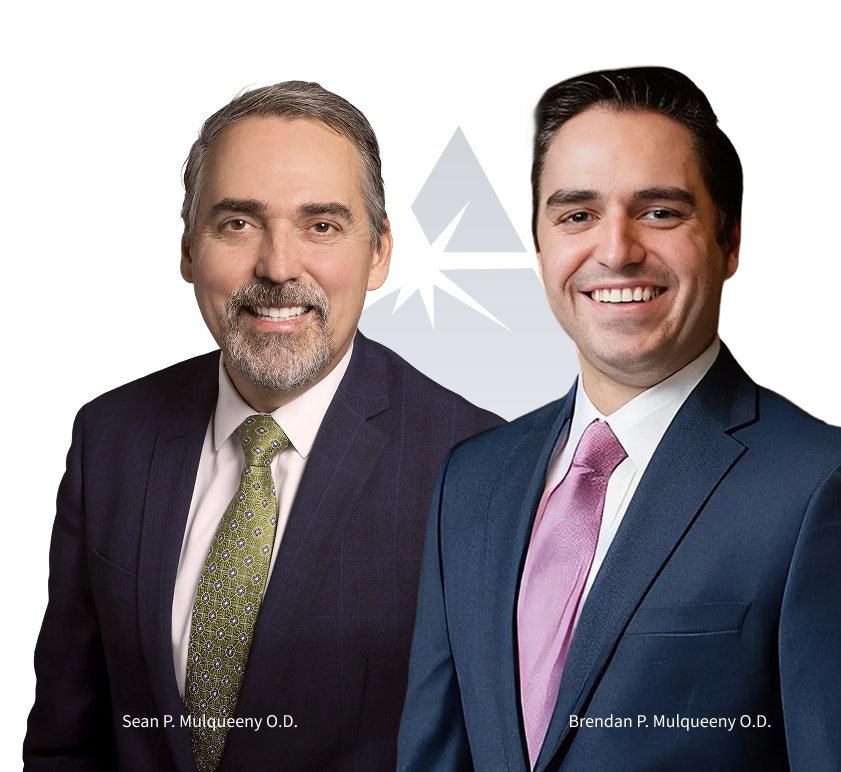Is It Allergies or Is It Dry Eye?
Is it Allergies or Is It Dry Eye?![]()
Ocular allergy and Dry Eye Syndrome (DES) are often mistaken for one another. This isn’t surprising given of the overlap in symptoms between the two. Redness, itching, burning and general irritation can by symptoms of both allergy and DES. One must also remember that the two conditions do not always exist in isolation. Many dry eye sufferers are also affected by seasonal allergy. This can make treatment problematic, since the medications used for one can exacerbate the other.
How Can You Tell the Difference Between Allergy Eye Symptoms and Dry Eye Symptoms?
So how can you tell the difference between the two? The easiest way is with an eye examination, but there are some clues that patients can pick up on. Itching alone is very non-specific, and is actually more common in dry eye patients than those with allergy symptoms.
There is, however, value in noting the timing of the symptoms. Dry eye is often worse at the end of the day and is more severe during the cold, dry months of winter. Allergy, on the other hand, will occur after yard work, exposure to pets, smoke and other allergens. These will be seen more in the spring and summer months. Again this classification is far from perfect since some allergens are present year round and many suffer from dry eye all months of the year.
Why Is It Important to Distinguish Between Them?
While the presentations of these conditions may be similar, it is important to distinguish between the two.
Treatment options must target the specific problem in order to properly control symptoms and treat the underlying cause. Again, it is not uncommon to have a patient with mild DES and ocular allergy that combine to make someone symptomatic. This can be difficult to diagnose and even harder to treat.
Effective Treatment Options Exist for Both Conditions.![]()
Topical antihistamines, or worse, systemic antihistamines, can decrease tear production and can thus induce or exacerbate dry eye. Topical corticosteroids are becoming an effective option for the treatment of both conditions. Further, lubricating eye drops can sooth the eye while washing out allergens.
Your doctor can tell you which treatment options are best for you based upon your health history and the symptoms you are experiencing.
Remember, always consult your eye care professional when you have symptoms that are severe or persist for more than a few days.




